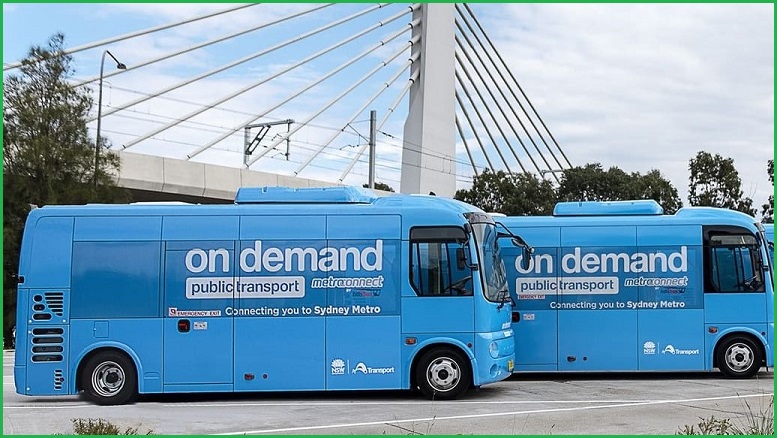Transport for New South Wales (TfNSW) has engaged card issuer Marqeta to provide back-end services for its Opal Next Gen public transport overhaul, which will enable commuters to arrange and pay for travel including rideshare, e-bike rental, taxis, and more.
The agreement, which is part of the $567.9 million upgrade to the state’s Opal transport ticketing system announced in June, will see Marqeta and partner Mastercard Prepaid Managed Services (MPMS) supporting a 12-month trial of the new Opal Plus mobile app for 10,000 users.
Marqeta’s card infrastructure will integrate with a range of third-party providers – including rideshare companies, e-bike and scooter rental firms, taxi operators, and parking and electric-vehicle charging services – to allow commuters to plan and pay for their entire trip as a single bundle.
Opal Plus “will revolutionise the way we travel in NSW because it factors in first and last mile journeys,” NSW Minister for Infrastructure, Cities and Active Transport Rob Stokes said when the upgrade was announced, “making it simpler and easier to leave the car at home and get from door to door.”
Engaging Marqeta – an integrated payments provider whose technology and solutions support the likes of Square, Klarna, Uber, and AfterPay – will give TfNSW a flexible back-end system that will handle card issuing and payments processing across both the state transport network and associated private service providers.
“Consumer expectations for their transportation providers are rising and Transport for New South Wales wants to revolutionise the way we travel in NSW by providing consumers with end-to-end journey management,” said Kurt Brisset, executive director of customer technology with TfNSW.
“We now have more flexibility to offer new, innovative transit solutions that have the end consumer in mind.”
The involvement of MPMS will allow the system to piggyback on Mastercard’s existing relationships with third-party providers, who use that company to process payments for their services.
“We’re entering a new era of transportation… affected by COVID-19 and the massive digital transformation in payments,” said MPMS vice president Anita Yarrow as the TfNSW partnership was announced.
“We’ve seen the power of modern card issuing and how it brings new, flexible innovations to market faster,” she said, “and we’re excited to do the same for TfNSW.”
If you can’t beat ‘em, enjoin em
The new arrangement brings TfNSW into an emerging market called mobility as a service (MaaS), which is designed to save commuters the headaches of trying to track and co-ordinate a broad range of transport modalities.
By letting travellers nominate their start and destination and pay one total price for the trip, apps like Opal Plus do the heavy lifting in the background – and facilitate trips that span not only trains, buses and trams but also tap the expanding range of ride-sharing, car-sharing and other private transport providers.
The model – which comes six years after a TfNSW summit that sought out disruptive transport ideas – will be particularly relevant as robotaxis and other driverless cars come to fruition, allowing the integrated networks to co-ordinate vehicles so they are ready and waiting at each step of a journey.
The Australian Trade and Investment Commission, for one, calls MaaS “a total mobility solution focused on the individual’s need to get from A to B… evolving from service models which provide vehicle transport without the cost of ownership.”
TfNSW’s efforts to embrace the ride-sharing economy mirror the ride-sharing economy’s previous efforts to do the same, with Uber integrating Sydney’s public transport options into its app back in 2019 – making Sydney just the fourth city in the world where Uber has done so – and subsequently adding the features in Melbourne and Brisbane.
Uber has been promoting its APIs to public transport authorities around the world as a way of integrating its services with public options, and now claims over 500 public transport agencies as partners as it continues to expand.
By putting the public-transport network at its core, however, Opal Plus will, Stokes said, “free up people to choose their own adventure when it comes to transport, laying the ground work for an even more intelligent transport system that puts the citizen at its heart.”










